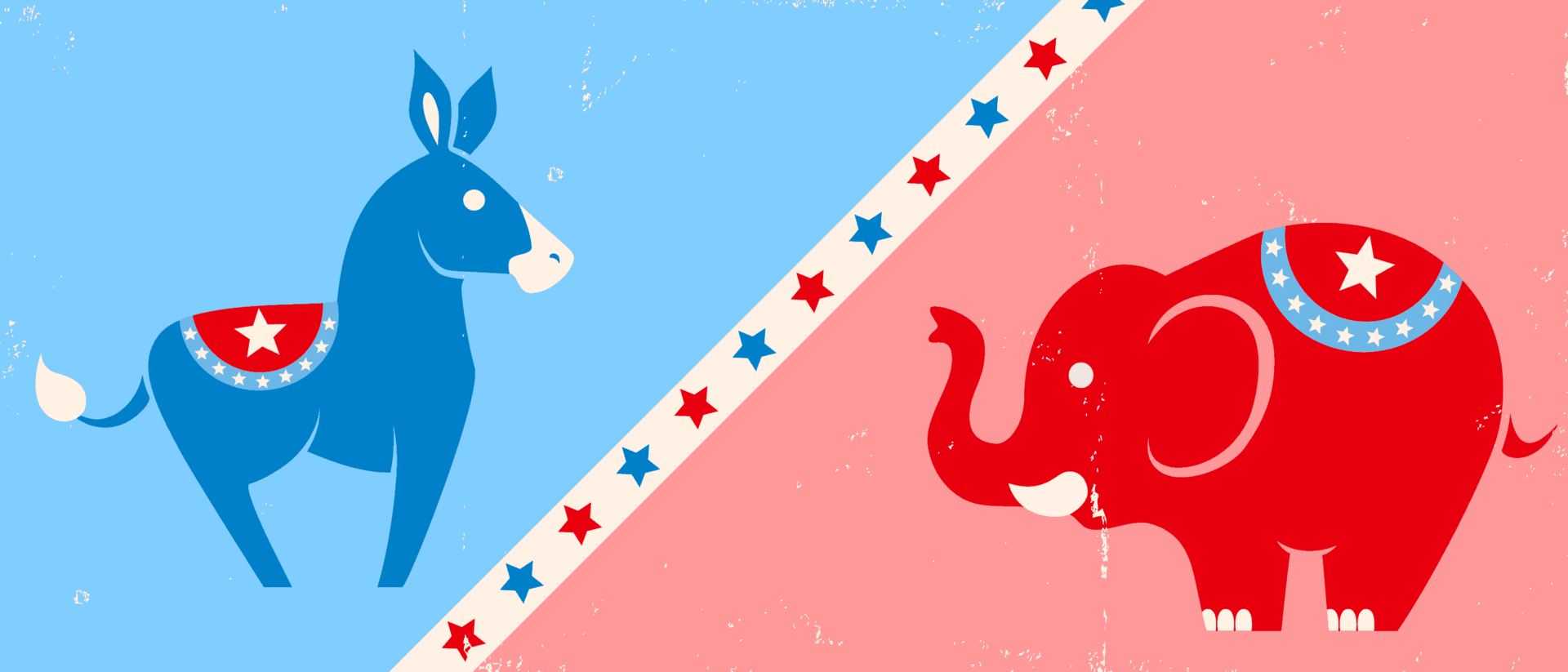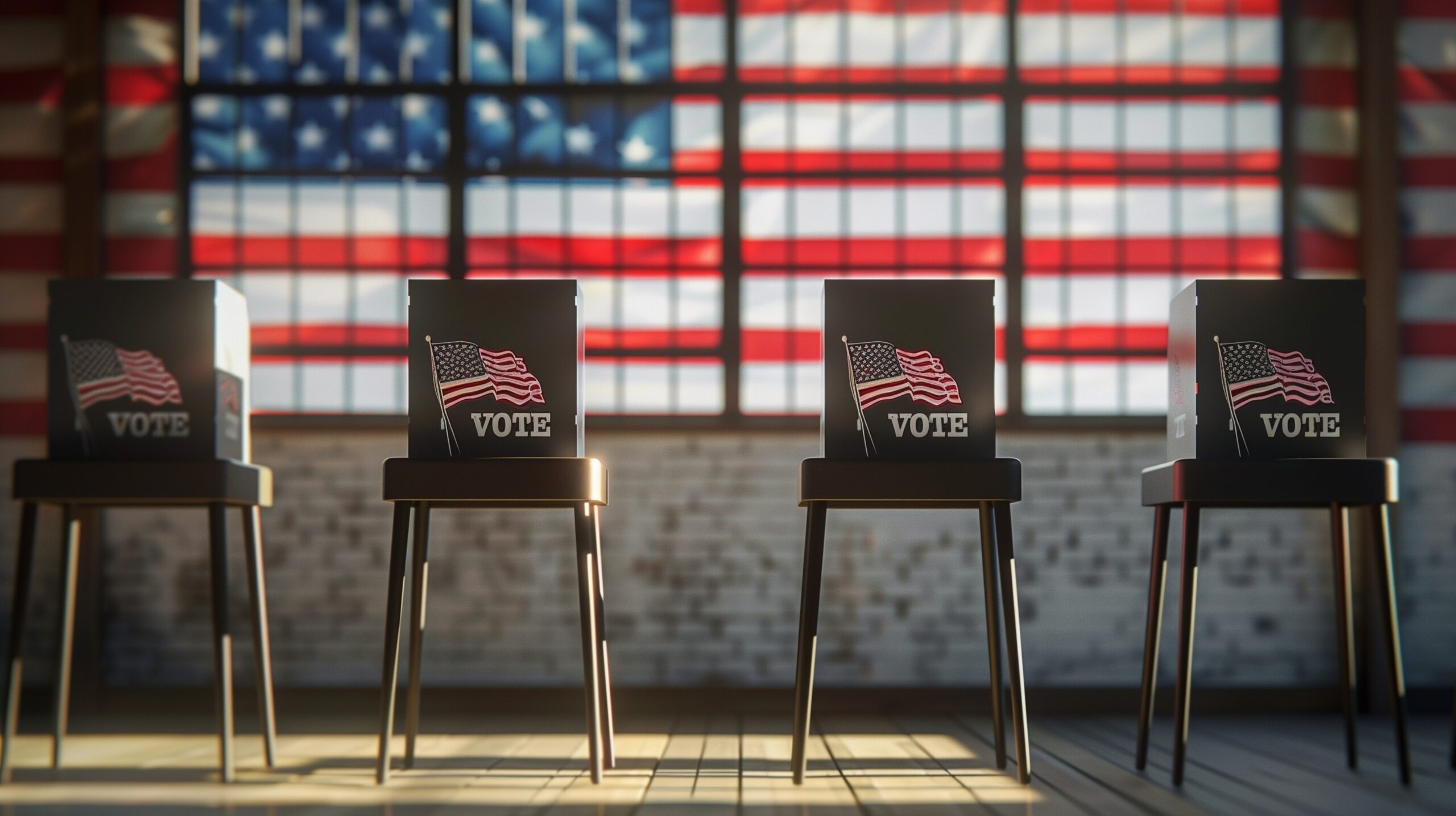
Dear Model Code:
Am I allowed to let the public know that I’m a member of a particular political party?
Sincerely,
Judge Possibly a Partier
Dear Judge Possibly:
Judges are not required to conceal their political party affiliation—which may be a matter of public record, anyway—but disclosing it may be subject to discipline.
Judges who obtain their positions through partisan elections must obviously disclose party affiliation; it’s printed on the ballot next to their name. That situation exists for trial judges in 20 of the 50 states. In nonpartisan elections, however, a judge is specifically prohibited from disclosing party affiliation.
Judges desiring appointment to the bench by a governor or legislature may “seek endorsements for the appointment from any person or organization other than a partisan political organization” (Rule 4.3(B) ABA Model Code of Judicial Conduct).
Although a judge must refer to the code of judicial conduct of the judge’s own state for a definitive answer, the ABA Model Code of Judicial Conduct, in Rule 4.1 A(6), provides that “except as provided by law or the Code, a judge shall not publically identify political affiliation.”
In fact, evidence exists that a judge may not even reveal the party affiliation of the executive responsible for judicial appointments. In 1997 the Florida Supreme Court found a judge had acted improperly during a retention election campaign when she noted the party affiliation of the governor who appointed her opponent to the bench. This was construed as injecting party politics into a nonpartisan election and constituted “egregious” conduct.
Therefore, unless you are a candidate in a partisan election, you’d be well advised to keep any party affiliation private.
Neutrally,
The Model Code of Judicial Conduct

Hon. Diane J. Humetewa, the first Native American woman and the first enrolled tribal member to serve as a ...

Retired Massachusetts Chief Justice Margaret H. Marshall has been selected as the 2024 winner of the presti...

Dear Gaveliers Fans: I am delighted to announce the appointment of our first Gaveliers coaches, profiled...

Fans, I could not be more proud of the work our players put in over the summer. The difference between h...

As the 2024 Election moves in to its final weeks, just over half of trial judges who responded to a survey ...